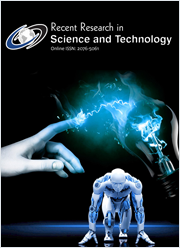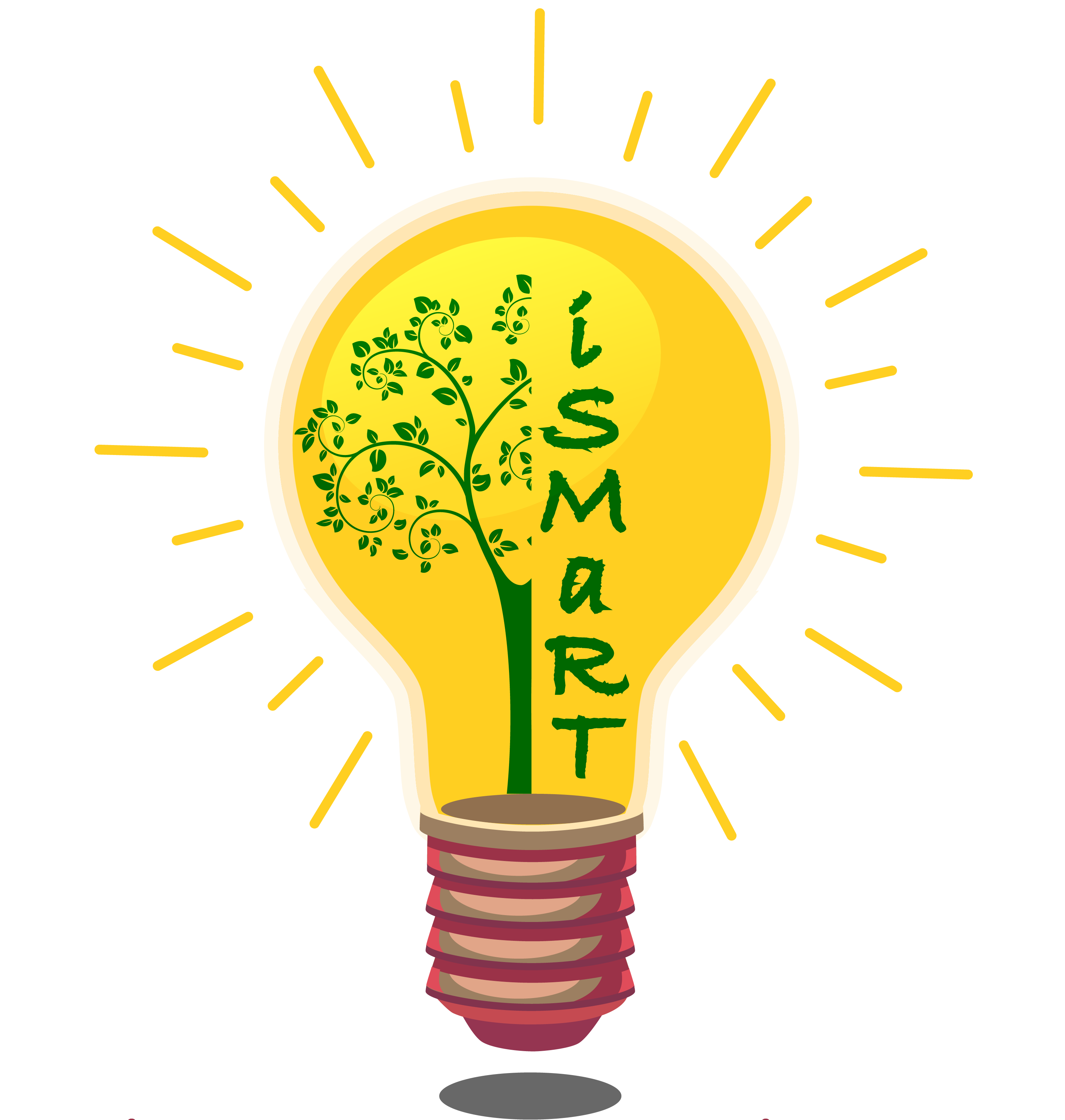E-Waste management -An overview
Keywords:
Indian Scenario, Effect on health, E-Waste management and management option.Abstract
E-waste (short for "electronic waste") describes surplus, obsolete and broken electrical or electronic devices, including computers, monitors, keyboards, hard drives, USB drives, electronic media, electronics, mobile phones, television sets, and copiers. "E-waste" is a popular, informal name for electronic products nearing the end of their "useful life."E-wastes” are considered dangerous, as certain components of some electronic products contain materials that are hazardous, depending on their condition and density. The hazardous content of these materials pose a threat to human health and environment. Many of these products can be reused, refurbished, or recycled in an environmentally sound manner so that they are less harmful to the ecosystem. This paper highlights the hazards of e-wastes, the need for its appropriate management and options that can be implemented. Industrial revolution followed by the advances in information technology during the last century has radically changed people's lifestyle. Although this development has helped the human race, mismanagement has led to new problems of contamination and pollution. The technical prowess acquired during the last century has posed a new challenge in the management of wastes. For example, personal computers (PCs) contain certain components, which are highly toxic, such as chlorinated and brominate substances, toxic gases, toxic metals, biologically active materials, acids, plastics and plastic additives. The hazardous content of these materials pose an environmental and health threat. Thus proper management is necessary while disposing or recycling e¬-wastes.




 .
.